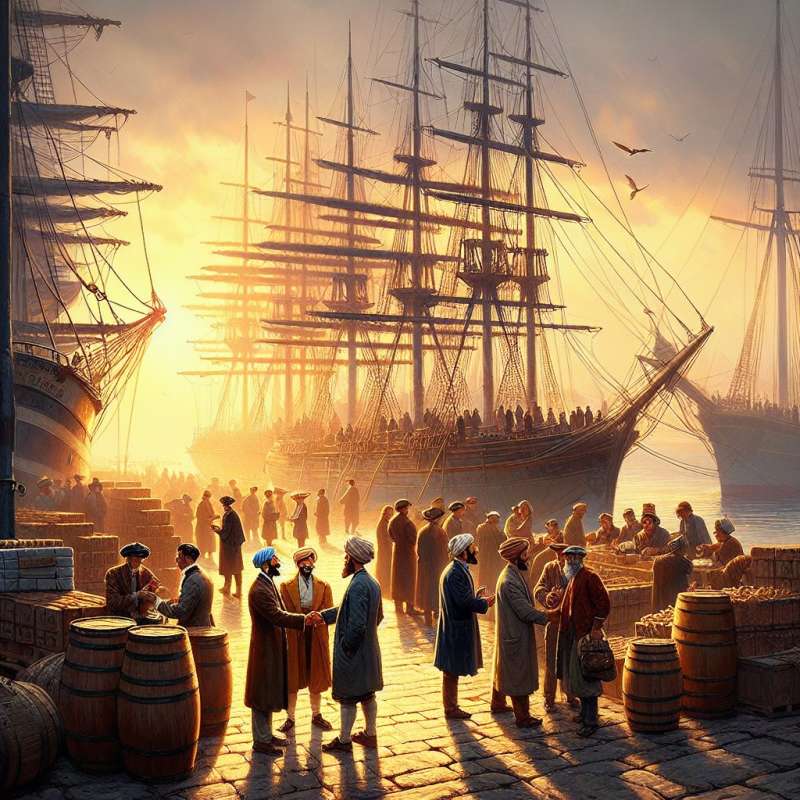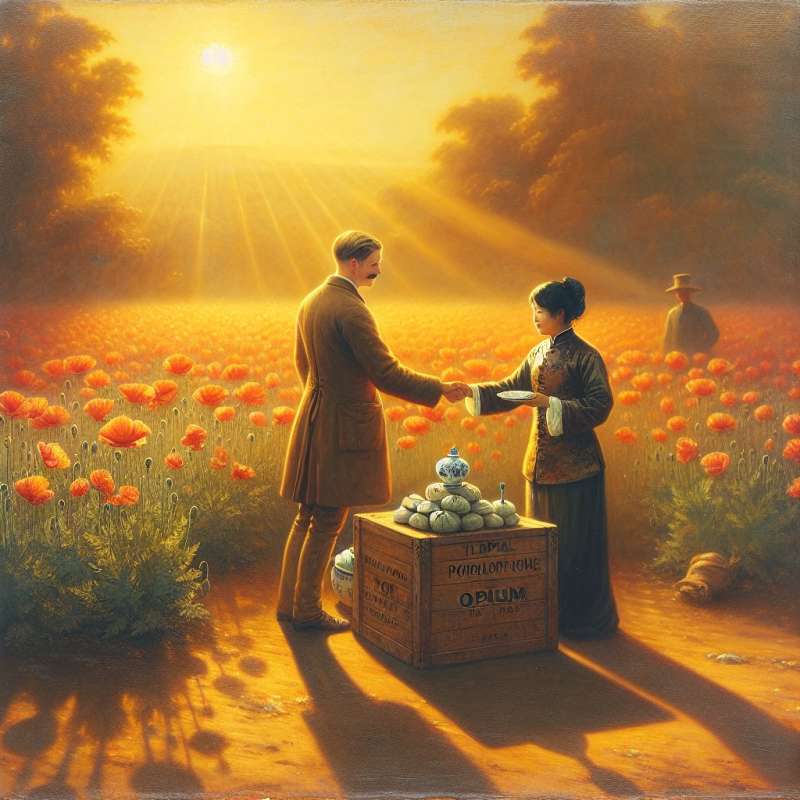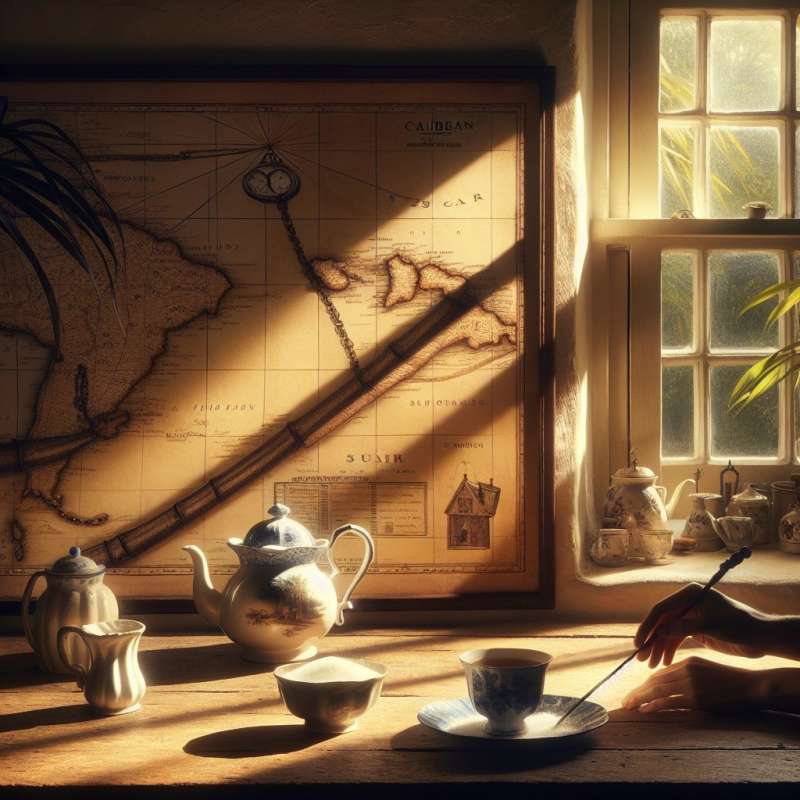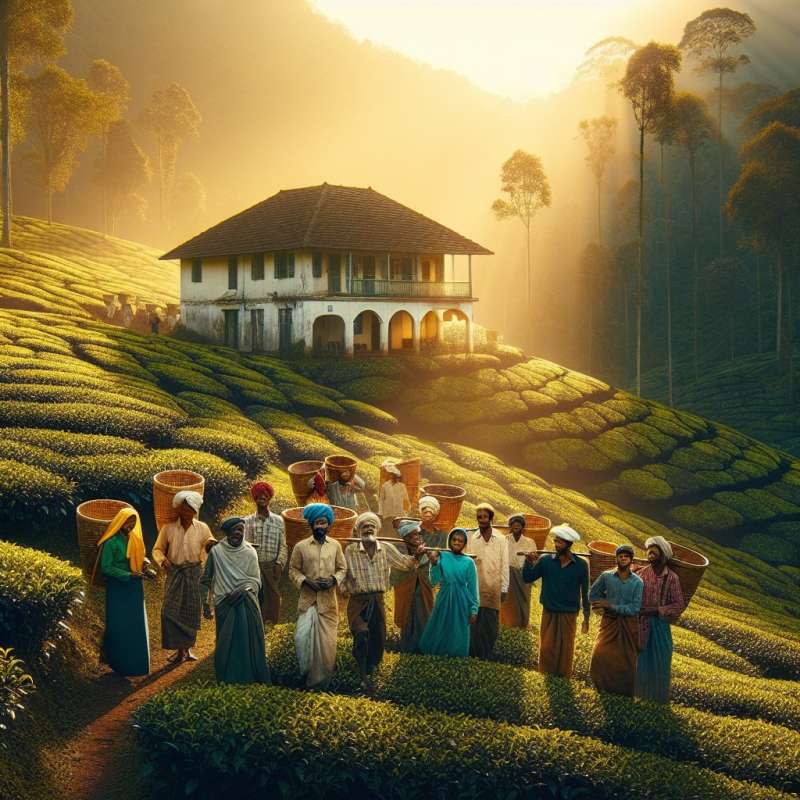
Tea's Origin and Spread
Tea, originally from China, was traded to Europe by Portuguese and Dutch merchants. By the 17th century, it became popular in Britain, influencing social customs and daily life, laying the groundwork for a global trade phenomenon.
East India Company Monopoly
The British East India Company gained a monopoly on tea importation in the early 1600s. It exploited this to dominate trade routes and control tea prices, becoming a powerful force within the British economy and colonial expansion.
Opium for Tea Exchange
To balance trade with China, Britain used Indian-grown opium. By trading opium for tea, Britain maintained economic supremacy, but this led to the Opium Wars, which resulted in China ceding Hong Kong to the British in 1842.
Taxation and Smuggling
High taxes on tea encouraged smuggling and illegal trade throughout Britain and its colonies. The infamous Boston Tea Party of 1773 was a direct protest against the Tea Act, which ironically made legal tea cheaper than smuggled tea.
Assam and Empire Expansion
Discovery of native tea plants in Assam, India, changed the industry. The British established plantations there, reducing dependence on Chinese imports. This intensified the British Empire's expansion into Asia, altering local economies and ecologies dramatically.
Tea, Sugar, and Slavery
The British sweet tooth led to a coupling of tea and sugar consumption. Sugar, produced by enslaved labor in the Caribbean, fueled the tea craze back home, entwining the fates of multiple colonies with British consumer habits.
Aftermath and Decolonization
Post-WWII, Britain's global influence waned, leading to decolonization. However, the tea trade left a lasting legacy, shaping modern trade networks and cultural practices. Former colonies like India and Kenya are now leading global tea producers.Tea vs. Alcohol
In the 18th century, tea's popularity in Britain reduced alcohol consumption, leading to a decline in public drunkenness and boosting productivity.
Who initiated tea trade to Europe?
British merchants
Portuguese and Dutch
Spanish explorers
Company